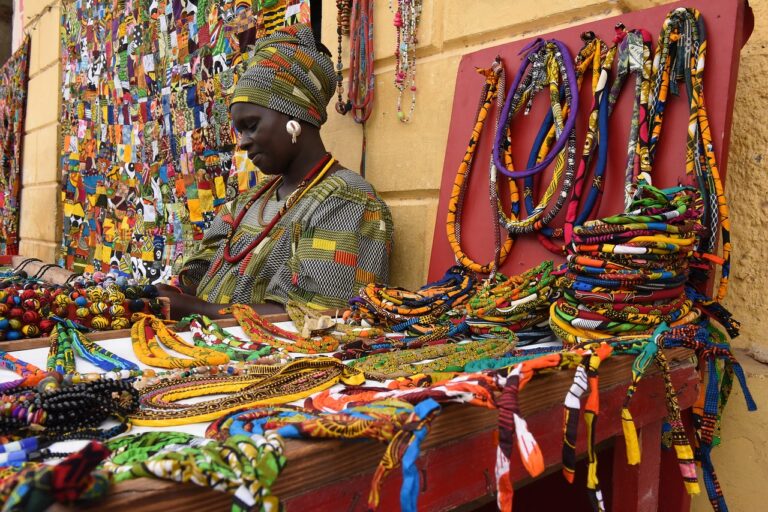Fashion and Urban Farming: Sustainable Textile Production Using Plant-Based Dyes
Plant-based dyes offer a sustainable and eco-friendly alternative to traditional chemical dyes commonly used in textile production. The use of natural dyes derived from sources such as fruits, vegetables, and flowers not only reduces the environmental impact of the dyeing process but also promotes the health and well-being of both the workers and consumers.
Furthermore, plant-based dyes often result in a unique and vibrant color palette that cannot be replicated by synthetic dyes. This variability in shades adds an element of artistry and individuality to textiles, making them more appealing to consumers who appreciate the beauty and authenticity of natural products.
The Environmental Impact of Traditional Textile Dyeing Processes
Traditional textile dyeing processes have long been known for their detrimental environmental impact. The widespread use of synthetic dyes has led to significant pollution of water sources, as these dyes contain various harmful chemicals that can seep into rivers and lakes. Additionally, the energy-intensive nature of these dyeing processes contributes to high carbon emissions, further exacerbating the industry’s environmental footprint.
Furthermore, the disposal of chemical waste from textile dyeing poses a serious threat to ecosystems and human health. Many developing countries, where a large portion of textile production occurs, lack proper regulations for the management of hazardous waste. As a result, untreated dye residues end up contaminating soil and water, leading to long-term environmental degradation. The need for sustainable alternatives to traditional textile dyeing processes is becoming increasingly urgent as the environmental consequences of current practices continue to grow.
How Urban Farming Can Support Sustainable Textile Production
Urban farming practices offer a sustainable solution for supporting the textile production industry. By cultivating plants used for natural dyes within urban environments, the need for transporting materials over long distances is minimized. This reduction in transportation decreases the carbon footprint associated with textile production, contributing to a more eco-friendly supply chain.
Additionally, urban farming initiatives provide a local source of plant-based dyes, promoting the use of sustainable materials in textile production. By growing dye plants within city limits, textile manufacturers can access organic and ethically sourced materials, supporting a more environmentally conscious approach to creating textiles. This localized approach also fosters community engagement and collaboration between urban farmers and textile producers, paving the way for a more interconnected and sustainable industry.
What are some benefits of using plant-based dyes in textile production?
Plant-based dyes are non-toxic, biodegradable, and renewable, making them more environmentally friendly than synthetic dyes. They also provide unique and vibrant color variations.
What is the environmental impact of traditional textile dyeing processes?
Traditional textile dyeing processes often involve the use of toxic chemicals and large amounts of water, leading to pollution of waterways and soil. This can have harmful effects on both the environment and human health.
How can urban farming support sustainable textile production?
Urban farming can provide a local and sustainable source of plant materials for natural dyes, reducing the need for long transportation routes and minimizing carbon emissions. Additionally, urban farms can help create a closed-loop system where waste materials from textile production can be used as nutrients for crops.







